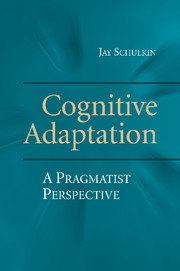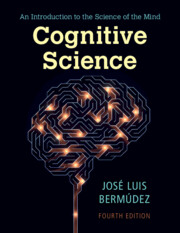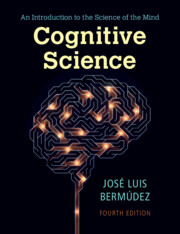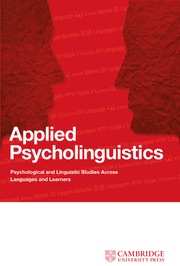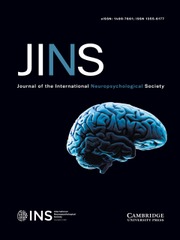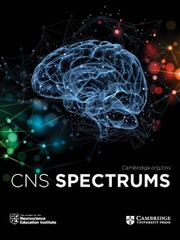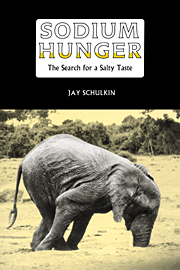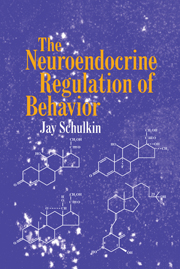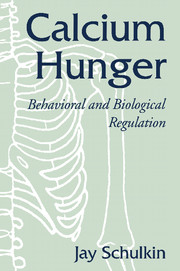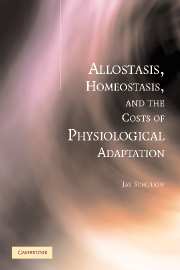Cognitive Adaptation
Cognitive Adaptation: A Pragmatist Perspective argues that there is a fundamental link between cognitive/neural systems and evolution that underlies human activity. One important result is that the line between nature and culture and scientific and humanistic inquiry is quite permeable - the two are fairly continuous with each other. Two concepts figure importantly in our human ascent: agency and animacy. The first is the recognition of another person as having beliefs, desires, and a sense of experience. The second term is the recognition of an object as alive, a piece of biology. Both reflect a predilection in our cognitive architecture that is fundamental to an evolving, but fragile, sense of humanity. The book further argues for a regulative norm of self-corrective inquiry, an appreciation of the hypothetical nature of all knowledge. Schulkin's perspective is rooted in contemporary behavioral and cognitive neuroscience.
- Uses investigative approach to demonstrate the line between nature and culture, science and the humanities
- Takes on perspective rooted in psychobiology, contemporary behavioral and cognitive neuroscience and classical pragmatism
- No other work covers the material in this text in a comparable manner
Product details
November 2014Paperback
9781107462717
210 pages
230 × 152 × 10 mm
0.3kg
Available
Table of Contents
- 1. Cognitive adaptation: objects and inquiry
- 2. The human situation: uncertainty and adaptation
- 3. Time and memory: historical sensibilities
- 4. Education: learning from others, neurogenesis
- 5. Cognitive and neurobiological basis of religious inquiry.

